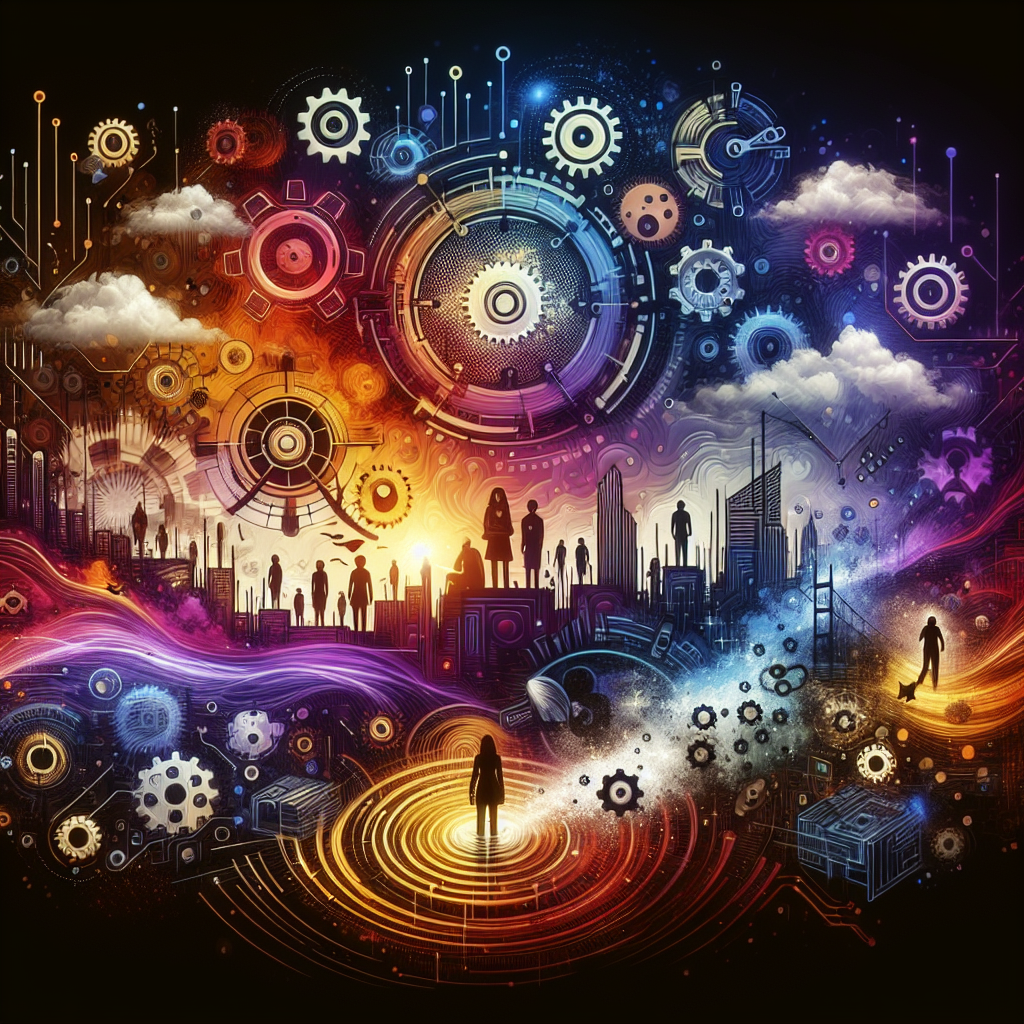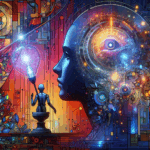The professional landscape is undergoing a dramatic transformation. Automation and artificial intelligence are not just buzzwords. They are reshaping industries worldwide. This rapid evolution presents both thrilling possibilities and significant challenges.
At the heart of this change are young professionals. Specifically, Generation Z, those born in the late 1990s and early 2000s. They are stepping into a world vastly different from their predecessors. Many feel a deep sense of uncertainty about their career paths.
The Unsettling Rhythm of Innovation
AI’s capabilities expand almost daily. From automating routine tasks to powering complex decision-making, its reach is undeniable. This technological leap has sparked vital conversations. What does it mean for human jobs? Will AI become a competitor or a collaborator?
For Gen Z, these questions are not theoretical. They are personal. Their future livelihoods hang in the balance. They hear stories of job displacement. They also hear about new, undefined roles. This creates a mix of anxiety and curiosity.
Gen Z’s Growing Concerns: A Deep Dive
A recent sentiment widely discussed online highlights this apprehension. A significant majority of Gen Z individuals express concern over AI’s impact on their careers. Reports suggest as many as 65% of young people are worried. Many are even considering fundamental career changes.
This isn’t just idle worry. It reflects a tangible fear of job displacement. Young people are concerned their chosen fields might become obsolete. They also worry about the need for entirely new skill sets. The pressure to adapt is immense.
Their fear stems from a simple premise. Traditional education might not prepare them for an AI-driven economy. They see a future where roles require less manual effort. Instead, they demand advanced digital literacy and critical thinking.
Beyond Job Loss: The Nuance of AI’s Role
However, the narrative isn’t entirely bleak. AI’s influence is multifaceted. While some roles may diminish, new ones will inevitably emerge. AI is not just about replacing human labor. It is also about augmenting it. It can enhance productivity and create efficiencies.
Consider how AI tools assist doctors in diagnostics. Or how they help artists create unique pieces. AI can handle repetitive, data-heavy tasks. This frees humans to focus on creative, strategic, and empathetic work. These are areas where human intelligence still reigns supreme.
The real shift is towards human-AI collaboration. People who understand how to leverage AI tools will thrive. They will be more productive. They will also unlock new solutions to old problems. This requires a different mindset. It demands continuous learning.
The Path Forward: Cultivating Adaptability
For Gen Z, adaptability is paramount. The ability to learn and unlearn quickly is vital. Embracing lifelong learning becomes a necessity. This means constantly acquiring new skills. It also involves refining existing ones.
Key skills for the AI era include:
- Critical Thinking: Analyzing complex information and making sound judgments.
- Creativity and Innovation: Developing novel ideas and solutions.
- Problem-Solving: Tackling challenges effectively and efficiently.
- Emotional Intelligence: Understanding and managing emotions, both one’s own and others’.
- Digital Literacy: A foundational understanding of technology, including AI.
These are human-centric skills. They are difficult for AI to replicate. They will become increasingly valuable. Focusing on these areas can future-proof careers.
New Horizons: Emerging Career Paths
The rise of AI is also creating entirely new job categories. We are already seeing roles like AI trainers and ethical AI specialists. Prompt engineering, a new skill, focuses on communicating effectively with AI models. These roles did not exist a few years ago.
Furthermore, fields requiring high levels of human interaction will remain critical. Healthcare, education, and creative arts will still need human connection. Roles focused on strategy, leadership, and interdisciplinary collaboration will also flourish.
Young professionals should explore these emerging fields. They should also seek out roles that combine human ingenuity with AI capabilities. This hybrid approach will define success in the years to come.
Empowering the Next Generation
Gen Z’s concerns are valid and understandable. However, their proactive stance is commendable. Their willingness to consider career changes shows resilience. It reflects a desire to adapt to evolving demands.
Educational institutions and policymakers also have a role. They must integrate AI literacy into curricula. They should promote skill development that aligns with future needs. This will empower young people to navigate the AI-driven world confidently.
The future of work is not fixed. It is dynamic and evolving. By embracing continuous learning, critical thinking, and adaptability, Gen Z can shape this future. They can turn uncertainty into opportunity. The AI storm might be brewing, but with the right tools, it can be navigated successfully.



